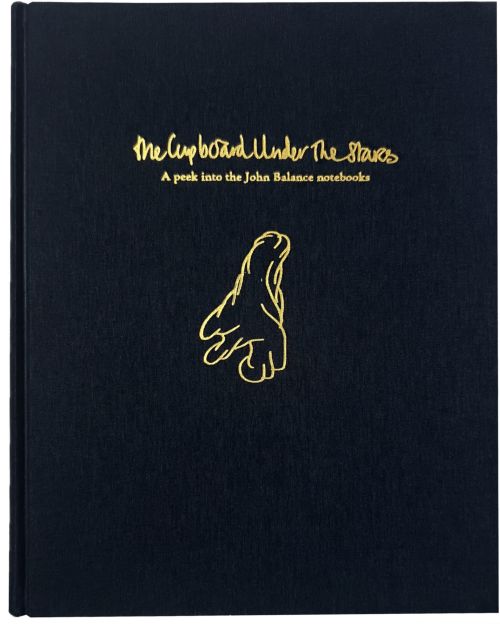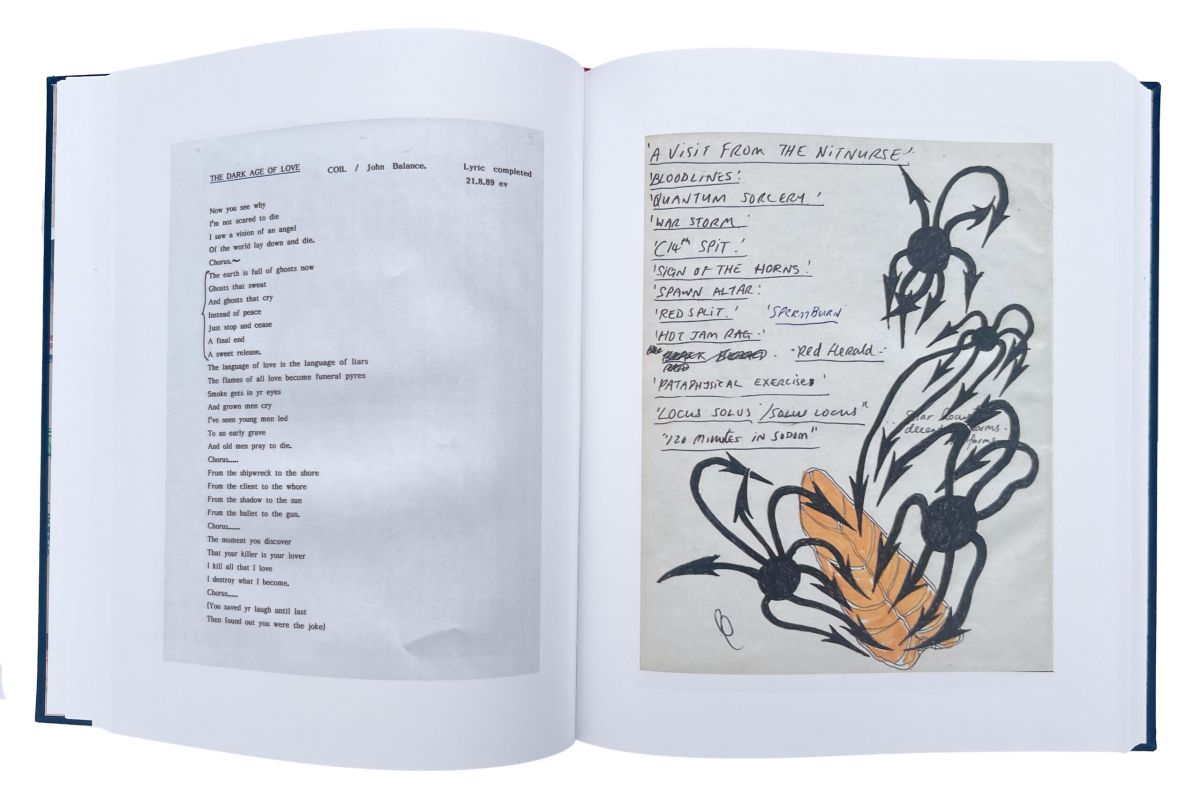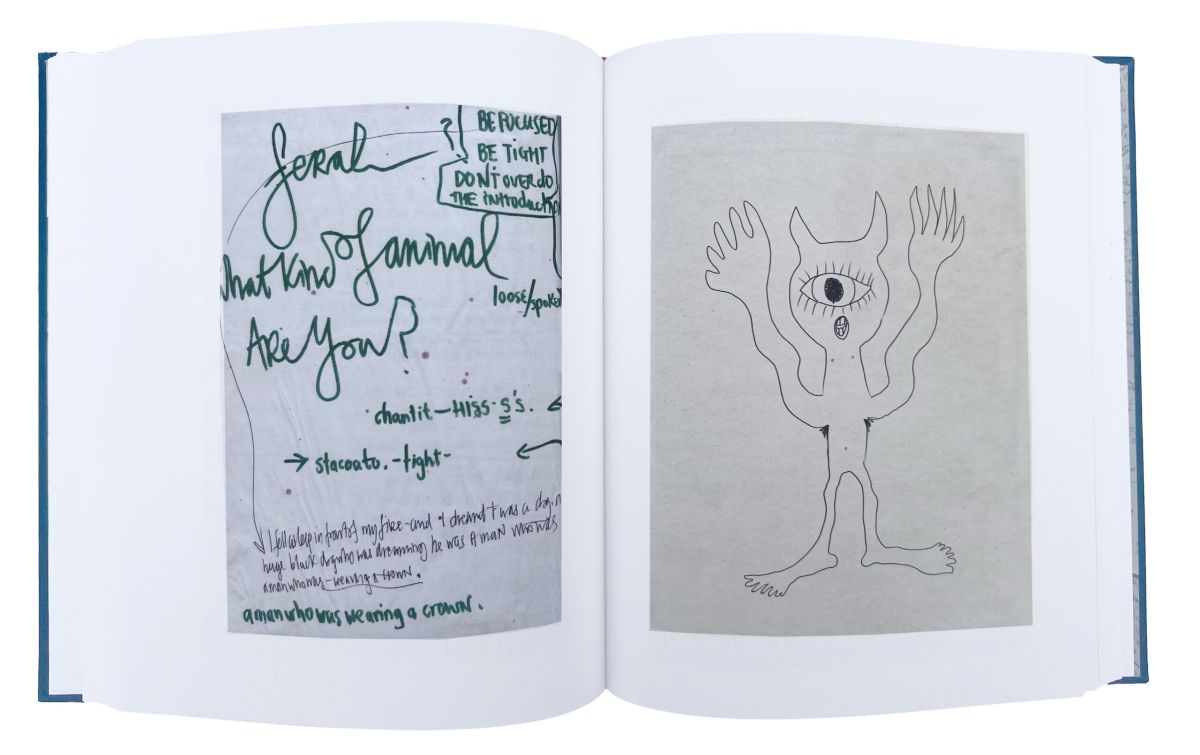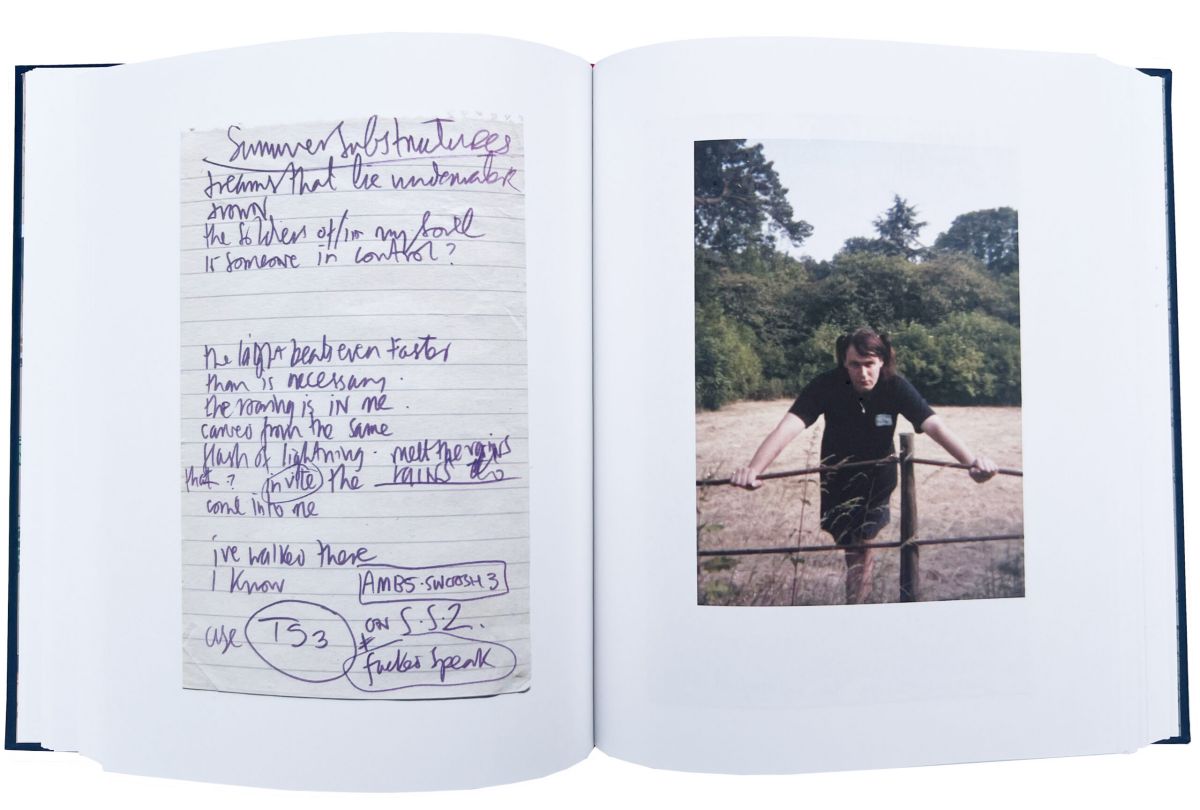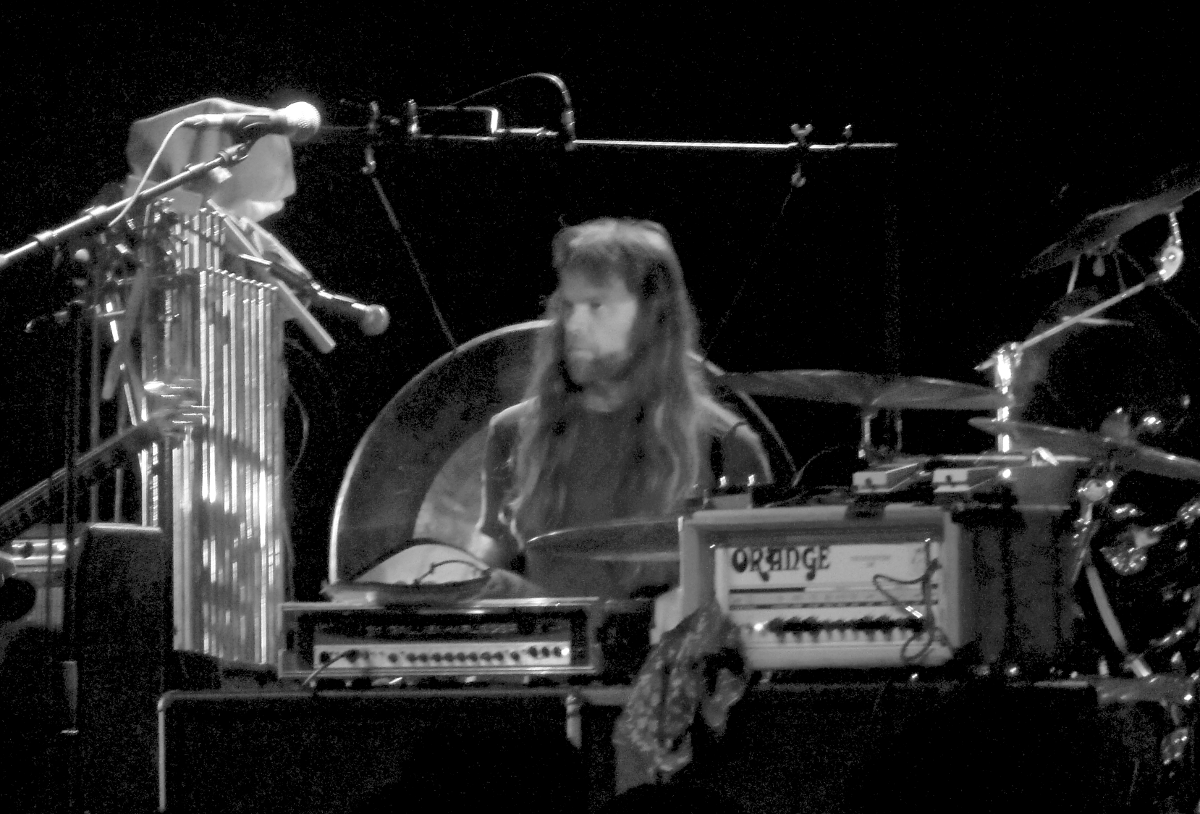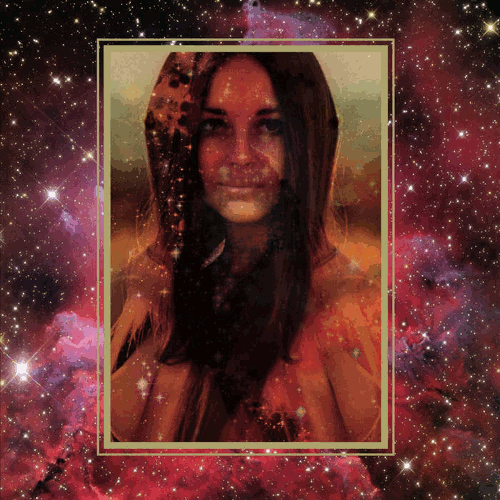Coil fans are used to yearning. They are used to dead-ends and missed opportunities. They understand missing links, too … so that compilations like Gold Is The Metal makes sense when you see that there were leftovers and derails between Scatology and Horse Rotorvator.
Coil fans understand what it feels like to imagine the sleeve and the contents of say, The Sound of Music or Wounded Galaxies Tap At The Window and never see them emerge, or see them as half-glimpses in the half-light, or as shoddy throwaways on rights-contested reissues. Coil, and you suspect John Balance more than anyone else, are masters of desire; they desire deeply, so you must too, as a humble fan. Your appreciation is appreciated but you’re expected to give more; Coil have always been vampires that feed on expectation and their fans love them and hate them for it; the ambivalence is the whole thing.
Coil fans are used to waiting, and they know that Godot never arrives. The last true album they released, The Ape of Naples, could only have been a disappointment and everyone could tell that there was just not enough of John Balance left to make an album, even if it contains some of their most poignant moments. Well now we have more John Balance than we could ever need. Here he is, starving, hysterical, naked and … oddly purposeful. Coil has never been a going concern; I doubt if they ever survived on their fame or made any fortunes while they were still going. Coil were obsessive and haunted hobbyists, and I mean this in every way as a good thing. They weren’t cowed by the need to please fans or the ‘markets’ (you could argue that the Backwards material was an exception and you could argue that they knew that and so didn’t release it). The records could always be released (or not) exactly as intended.They eventually released a lot of stuff, and their discography grew into a fungal beast, but at their core it’s really just a few albums, often many years apart, each clearly defined by an era and with an amazingly focused restraint. Quality control was always the defining feature; these records had been pored over and poured into. This “peek into the John Balance notebooks” gives some insight into Coil’s guiding light and the terrible mangles he puts his words and thoughts through to make them sing.
It’s interesting because it shows the amount of work required to get these spontaneous, automatically-written, spirits-flying lyrics into the records. This is a document of effort, of trial and error. In the notes and letters related to “The Anal Staircase”, the first Coil track I ever heard, you can see the associative chains linking JK Huysmans and Georges Bataille and the Terrence Higgins Trust and Michaelangelo and Biblically accurate angels etc form and then fall apart, as the lyrics are chiselled out of this block of text by Balance, in the same way the music is chiselled from the midi granite of Cubase or whatever by Peter Christopherson and Stephen Thrower. There’s an anecdote by Leibniz who talks about a sculptor having to understand that Hercules is already in the block of marble and just needs to be found — this feels very appropriate somehow. You get glimpses of what might have been and also an insight into how good at editing their own ideas Coil were. John Balance might have been canonised as the archetypal wide-eyed soul-in-flames, but here we can see the amount of revision he put into his work. Drugs and drink may have been a part of his stream of consciousness, but there’s more lucidity in here than you’d expect and a lot better editing. He’s more James Joyce than William S Burroughs.In lots of examples, it’s clear that stuff that eventually got leavened out of the songs is often still in there, hinted at, or referenced, or echoed in some non-obvious and non-literal way. A key delight to this book is finding ‘missing’ or ‘discarded’ bits of lyric that you always felt were there anyway, as if the music left secret trails of things that had been left behind. It’s a smug sort of virtue, this “I knew it!” squeal, but it’s also irresistible.
It’s towards the end of the book where most of the real squeals can be found. Lyrics with no songs attached, ideas being thrown into the fire, or frozen. Notes to self, ideas about box-set extras, a few pages on a book about Austin Osman Spare, almost complete songs that we’ve never even heard of. It’s in these pages that Balance’s (and Sleazy’s) death comes into focus and we are given precious hints at what might have been. It’s a little heartbreaking. A lot heartbreaking. I exchanged a mere half-dozen emails with John Balance, and was heading up to Weston to interview them the week after he died, and so can hardly hold any claims to grief, but this book is full of a sense of real loss. I miss Coil’s music; no one has filled that void. They have ruined a lot of similar music for me because it’s never quite the same. You get in some of the notes here that Balance himself wasn’t musically talented enough to fully render his ideas, but that Peter must have been a patient and kind interpreter. You definitely get the sense that the man who wrote and rewrote these lyrics heard all the music that surrounds them, perhaps even the samples, before any of it was committed to tape. That Christopherson got even close to that vision and voice is a minor miracle in itself.Of course, we should address the ethics in the room: should we, as rabid fans and desiring machines, be reading these drafts? I struggle with this like I struggle with the mostly awful alternate takes and demo tracks churned out with the album re-releases because I’m not sure if Coil ever wanted us to get a glimpse of their method. Their releases, up until The Ape of Naples, arrived fully formed and never showed their workings. When they released a stopgap, they called it that and with Gold Is The Metal you could tell that it was precisely because they were moving away from that laboratory into another that they felt okay about showing some of their methodology.
It felt that, with Coil, the destination was all we were supposed to see, with the journey being theirs to know and understand. If these notebooks make it clear that sometimes the journey was a traumatic one, we could feel that in the music rather than know it. But the intro makes it clear that Balance wanted to publish a book of notes and lyrics and there’s no reason to discredit this notion, though I’d imagine he didn’t consider a book such as this: full colour, beautifully scanned facsimiles making the words shine brightly. Seeing the handwriting — and seeing the handwriting change, almost in time with the music — certainly gives a deeper insight into where he was going with this stuff, but it also makes it doubly unsettling for the reader, as if we’re in an attic somewhere, discovering secrets about relatives after their death.There is real joy to be had in this book; it’s definitely inspiring and in all its invasiveness I can hold onto the belief that maybe John Balance would like his thoughts to be set down in such a perfect form. There was that release that had his actual blood; maybe we needed his spirit too. Maybe those thoughts and processes needed to be captured in amber. Maybe if he was still alive he’d be on TikTok telling us gory details of sample splicing and answering dumbass questions like: where do you get all your ideas from?
Maybe we are benevolent vampires after all.
-Loki-
